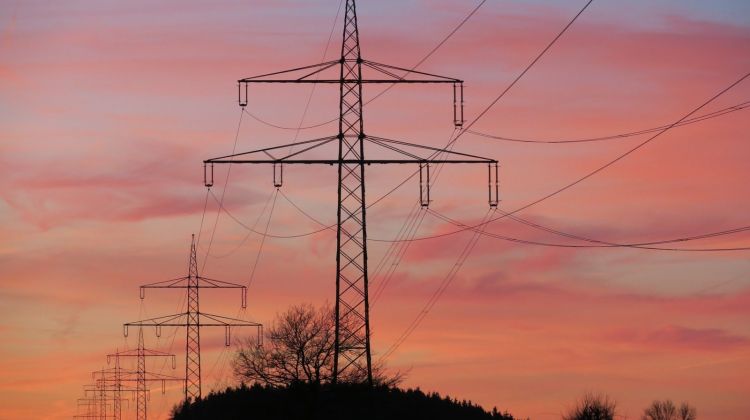National Grid ESO’s Demand Flexibility Service (DFS) which ran across the winter of 2022/23 saved over 3,300MWh of electricity during peak times.
The scheme, which ran from 1 November 2022 until 31 March 2023, had 22 service events which included live events to balance Great Britain’s electricity network. In total, 1.6 million households and businesses signed up.
Octopus Energy’s results for its DFS scheme “Saving Sessions” saw its customers collectively shift 1.86GWh of electricity throughout the 13 trials. British Gas’ scheme saw customers paid over £1.8 million since December 2022, due to saving a total of 147MWh of energy.
Octopus Energy in particular believes the DFS has been a significant success in Britain. In March, Octopus Energy called for the end of the use of coal as a backup energy source due to the successes of the DFS.
Whilst the ESO’s day to day operational tools allowed it to operate the network as normal without the active use of DFS to manage margins, this service demonstrated the level of interest and engagement in consumer flexibility.
Consumers and businesses notably delivered their highest output for these live events, 20% higher than for regular monthly or onboarding “test events”, ESO said.
ESO confirmed that consumers and businesses in Southern England, East of England and East Midlands led the way in participating in the Demand Flexibility Service.
Based on its estimates of regional participation the ESO can report that each region delivered an estimated electricity reduction of over 370MWh, across the length of the service.
“Across this winter the Demand Flexibility Service successfully demonstrated the interest of UK consumers and businesses in playing a more active role in balancing our electricity needs. Their work, alongside the providers involved in the Demand Flexibility Service helped to maintain normal service for all GB electricity users,” said Claire Dykta, head of markets at National Grid ESO.
“We are now working with industry and consumers to establish how this world leading service can grow from strength to strength and support the continued evolution of consumer flexibility in the UK.”
Centre for Net Zero CEO Lucy Yu commented: “Our own analysis of the DFS scheme clearly demonstrates that UK households are willing and able to support the grid during times of strain, even when provided with short notice or during colder periods.
“Demand flexibility is ready to scale and can play a vital role in emergency response and decarbonising our energy system. In order to unlock its full potential, policy-makers must introduce stronger incentives and regulations around supplier participation, consumer awareness and household compensation.
“Urgently facilitating the rollout of smart consumer energy resources (CERs), such as electric vehicles and heat pumps, is also key to intelligently automating domestic flexibility – which is crucial if we’re to move beyond manual flexibility and deliver system-level impacts.”






